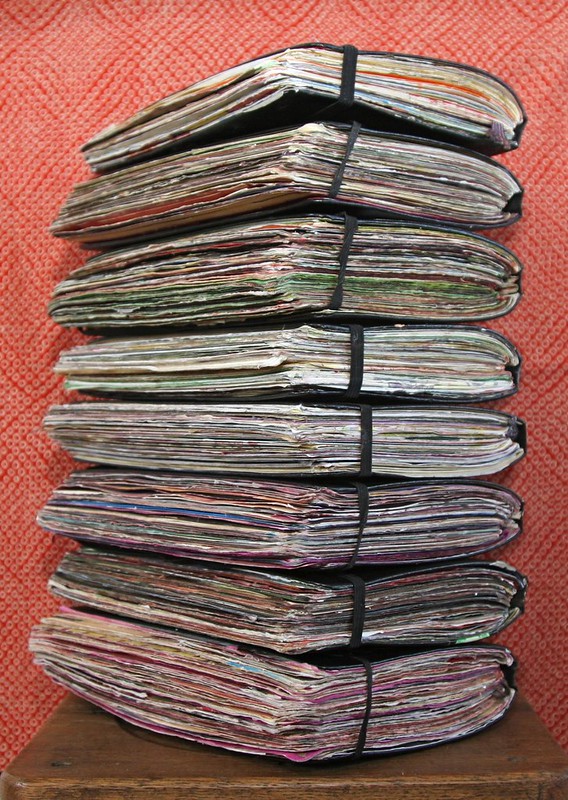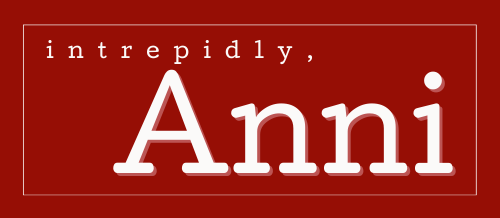
Many writers swear by it. I try, but often, something gets in the way. Journaling has long been a route to self-discovery, blending introspection and creativity. It is perhaps the most intimate form of communication.
Darwin once wrote, “But I am very poorly today and very stupid, and I hate everybody and everything. One lives only to make blunders.” How often have you written a variation of these words in your journal?
Ancient times
Imagine having to carve the most significant events of your life in stone. Now, imagine someone trying to decipher that. Journaling’s roots can be traced back to ancient civilisations, where our ancestors etched their stories onto cave walls and stones. These early forms of visual storytelling preserved experiences, from successful hunts to celestial events. Humans have always needed recognition and, more so, the need to share experiences and form a sort of community. Even in pre-history, we did not want to be forgotten.
The Egyptians took journaling to a new level. With the invention of hieroglyphics and papyrus scrolls, personal thoughts and reflections were documented alongside historical events. Pharaohs and scribes alike turned to the written word as a powerful tool for self-expression and recording their legacies, ensuring their names lived on, whether real or embellished.
Middle Ages
Journaling found a home in monastic communities during the medieval period. Have you ever seen pictures of The Book Of Kells? I vividly imagine a dark-robed figure hunched over parchment, candles flickering, hands stained with ink. Scribes meticulously transcribed religious texts, chronicles, and personal reflections onto parchment. The illuminated manuscripts, adorned with intricate illustrations and vibrant colours, were a literary and artistic expression of the scribe’s inner world, much like journaling today. Think of all the beautiful examples of self-made journals we see today. The commonplace book, or a repository of thoughts, emerged as a popular form of journaling. Individuals curated and compiled diverse information, including quotes, ideas, and personal reflections. They created a collage of their intellectual and emotional landscapes, much like a book of inspiration that could be reflected upon at any time.
Enlightenment
The Age of Reason (17th and 18th centuries) saw an increased emphasis on reason, introspection, and personal growth. Reason, or how we understand the universe, was celebrated. Philosophers like John Locke (an English philosopher known as ‘the father of Liberalism’) and Jean-Jacques Rousseau (who believed that private property is the reason for inequality in society) championed the importance of self-reflection. Journaling became a tool for recording daily events and exploring thoughts and emotions, a practice accessible to the intellectual elite and the ordinary person. Anyone could improve their own condition.
19th Century
The 19th Century witnessed a surge in travel journals as explorers and adventurers travelled the globe. Travel to exotic destinations became safer and more accessible. These journals documented geographical discoveries and provided a window into cultural exchanges and encounters with diverse societies. Thinkers like Charles Darwin carried journals during their expeditions, contributing to scientific knowledge and understanding of human societies.
The works of luminaries like Virginia Woolf and Charlotte Perkins Gilman highlighted the importance of women’s voices in an era marked by societal upheaval. As societal norms evolved, women began using journals for self-expression and resistance. Journals allowed women to explore their thoughts, dreams, and frustrations.
Virginia Woolf and literary giant James Joyce introduced the world to the stream-of-consciousness narrative style, which mirrored their journals’ spontaneity and fluidity. This literary innovation influenced how novels were written, encouraging individuals to embrace a more free-form and unfiltered approach to personal writing.
20th Century
As the 20th Century rolled around, people faced unprecedented challenges. Individuals turned to journaling as a coping mechanism during times of war and trauma. Soldiers documented their experiences on the battlefield, and civilians used journals as a form of therapy to process the emotional toll of conflict. The written word’s power emerged as a healing tool and a confirmation of resilience.
With the advent of the internet, journaling underwent an unavoidable transformation. Blogging platforms provided a new space for people to divulge their thoughts and feelings to an unknown audience. Something as simple as a Tweet can be regarded as a journal entry. Facebook is probably the most popular form of journaling for exhibitionists. The digital age also saw the rise of online communities dedicated to journaling and fostering connections among like-minded individuals. I dare say many people found an outlet for their toxicity, too.
Digital Age
Today, journaling seamlessly integrates into the digital landscape. Many apps and digital tools offer daily prompts and mood-tracking features. I am unsure what the point of looking at a spreadsheet filled with coloured blocks is. Perhaps I have not yet found an app suitable for my shifting mood swings. However, the accessibility and convenience of digital journaling have made the practice more inclusive, allowing people from all walks of life to engage in the therapeutic act of self-reflection.
The modern era has witnessed the rise of art journals and visual diaries, where individuals combine words with artistic expressions. From sketches and watercolours to collages and photographs, these journals serve as visual chronicles of life’s moments, offering a unique and personalised touch to the traditional practice. I like pretty pages in my journal, as long as they don’t deflect the real purpose of the pages.
From ancient cave walls to pixels, journaling is the history and evolution of personal narratives. The practice has adapted and persevered through the ages. It provides solace, clarity, and a profound connection to our human experience.
Whether you are a serious ‘journaler’ or a doodler, a one-word-at-a-time writer, keep the cryptic clues coming. Who knows what profound influence they may one day have on society?
Intrepidly,
